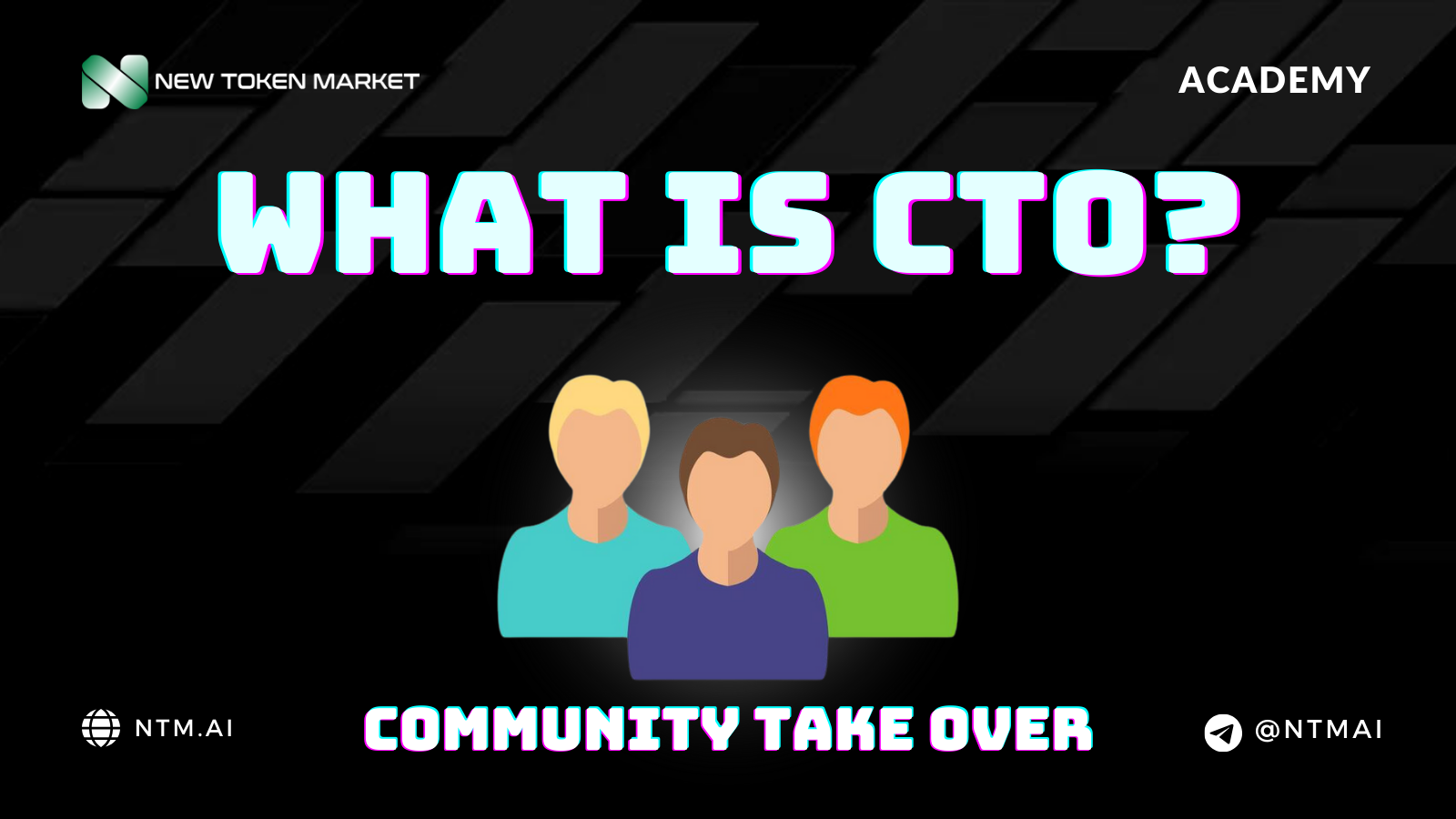
What is Community Take Over? (CTO)
The term "community take over" refers to the process by which a community or group takes ownership and control of a project, organization, or asset. This concept has gained popularity, especially in the context of cryptocurrency and blockchain projects. Community-based management allows projects to be more democratic, sustainable, and innovative. In this article, we will explore the meaning, importance, and workings of the community take over concept in detail.
What is Community Take Over?
Community take over means that a specific project or organization is governed and managed by its community members. This involves active participation of community members in decision-making processes and the authority to guide the project. Such a management model is often associated with decentralized structures and community-focused projects.
Why is Community Take Over Important?
-
Democratic Management: Community take over facilitates the more democratic management of projects. Community members can express their contributions and have a say in the direction of projects, creating a fairer and more transparent governance model.
-
Commitment and Responsibility: As the community takes ownership of the project, the sense of commitment and responsibility towards it increases. Community members are more inclined to contribute to the project when their opinions and suggestions are considered.
-
Sustainability: Projects managed by the community tend to be more sustainable. Community members support the project in achieving longer-term goals and work collaboratively to guide its direction.
-
Innovation and Idea Sharing: Community members play a significant role in bringing new ideas and innovative solutions to the project. This accelerates the development of projects and provides a competitive advantage.
How Does Community Take Over Work?
The community take over process typically includes the following steps:
-
Token-Based Governance: Many cryptocurrency projects implement a token-based governance model that grants community members voting rights. This allows members to have a say in important decisions regarding the project. For example, a community vote can determine changes to be made in the project.
-
Active Participation: Community members show active participation in contributing to the project in various ways. This may include software development, submitting proposals, or participating in project promotion.
-
Communication and Collaboration: Community take over processes require effective communication and collaboration among community members. This can be facilitated through forums, social media, and other communication channels.
-
Feedback Mechanisms: Community members provide valuable feedback on the project, offering insights to managers and developers. This contributes to the continuous development and improvement of projects.
Examples
-
DAOs (Decentralized Autonomous Organizations): DAOs allow communities to manage projects democratically. Each member can vote using the tokens they hold, which ensures that projects are managed in a more transparent and fair manner.
-
Cryptocurrency Projects: For instance, decentralized exchange projects like Uniswap utilize a governance system that allows users to make changes to the protocol. The community has the authority to make important decisions that shape the future of the project.
Conclusion
Community take over is an important concept in the management of modern projects. In the cryptocurrency and blockchain world, the active participation of community members in projects enhances both their success and sustainability. This approach offers a democratic governance model while promoting innovation. The sense of ownership within the community plays a critical role in the development of projects and achieving long-term goals. Thus, community take over is not just a governance style, but also a way of conducting business in the future.
